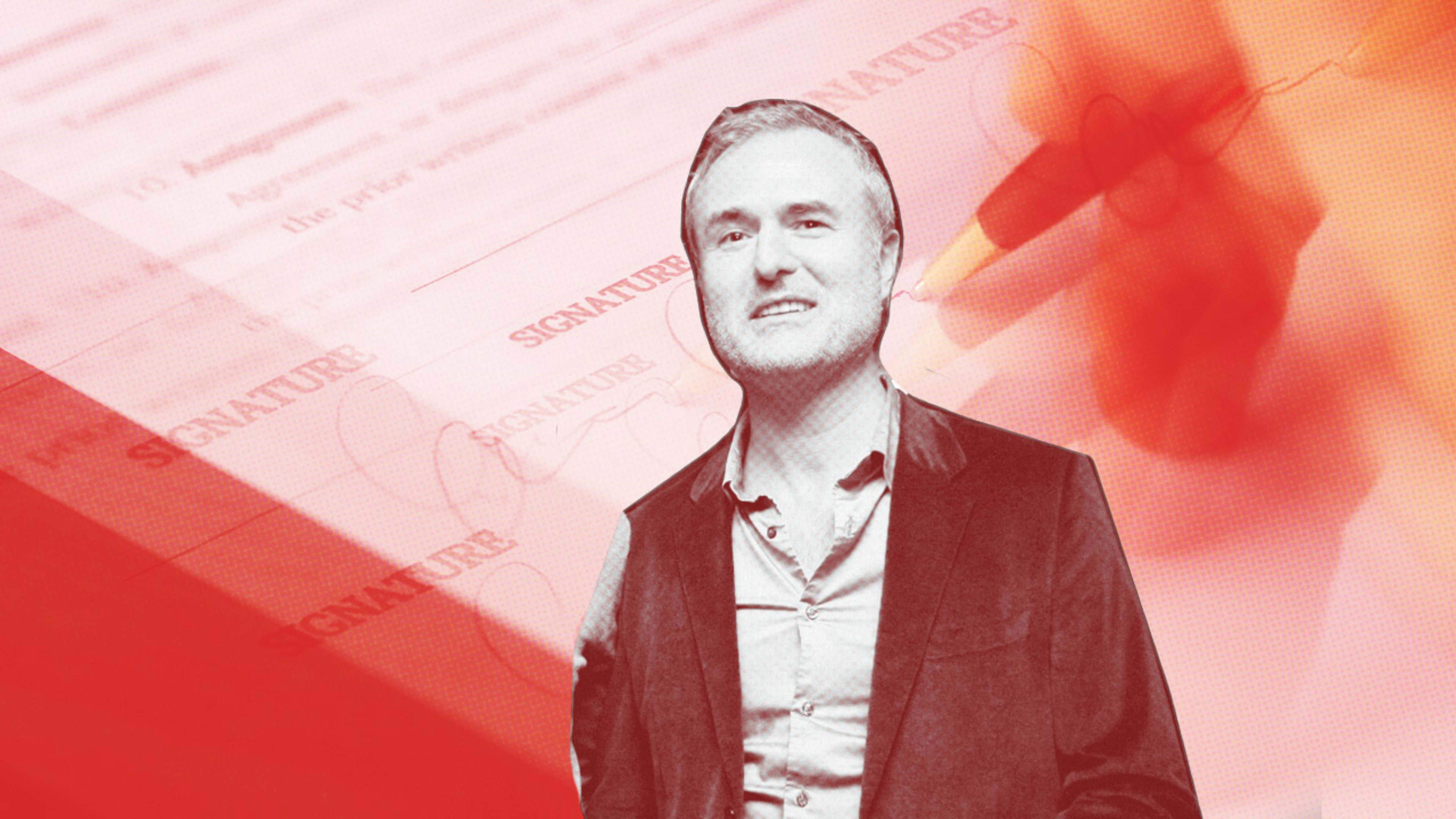As of this afternoon, Gawker Media’s digital newsroom is the first of its kind to sign a union contract. After voting to unionize last summer, Gawker‘s editorial staff officially ratified its new labor contract earlier today.
The contract, under which the Writers Guild of America, East will represent Gawker staffers, offers expected perks like minimum salaries, annual 3% raises, locked-in medical benefits, and two months of severance pay for laid-off workers. But it also starts to redefine the rules for contract workers, in the hopes of giving freelancers more of a fair shake.
Most notably, Gawker hopes to move away from the “permalancer” model of contract work that has become so common in editorial newsrooms. After a year of working as full-time contractors, workers will either be offered full-time employment (and all of the collectively bargained-for perks that that now entails). Otherwise, they’ll have to go find work elsewhere.
While the latter scenario sounds unfortunate, this arrangement is ultimately good for contract workers. It prevents them from winding up in a state of limbo, wherein an employer reaps all the benefits of their labor without passing along benefits enjoyed by full-timers.
“We recognize that the post-World War II employment relationship isn’t what everybody expects anymore, but there have to be some basic standards,” says Lowell Peterson, executive director of the Writers Guild of America, East. “It’s not just whatever you can get away with, which is unfortunately what a fair amount of the freelance economy looks like.”
As more and more of the workforce goes freelance, questions about how to fairly compensate workers continue to loom. Often, startups come up with innovative new ways to distribute tasks and serve customers more quickly than these labor-related questions can be answered. Increasingly, the result of this tension is litigation.
“I think Gawker and places that have been unionized by the Writers Guild are forging important and new ground showing that you can unionize these new types of media outlets,” says Sara Horowitz, executive director of the Freelancers Union. While her organization wasn’t involved in the Gawker deal, Horowitz was nonetheless encouraged to find protections for freelancers built into the contract.
“There’s nothing wrong with being a freelancer,” says Horowitz. “We just need to make freelance jobs better.”
In addition to the all-or-nothing offer to full-time contract workers, Gawker will also be required to pay part-time freelancers the same rates as unionized workers after one year.
“At some digital media companies, contractor abuse is rampant,” says Peterson, adding that he doesn’t think Gawker is guilty of taking advantage of freelancers. “We hope that this contract language can be assigned to the entire industry.”
But will other media companies actually follow Gawker‘s lead? We’ll find out soon enough. Newsrooms at VICE, Salon, and the Huffington Post have voted to unionize with the Writers Guild and will be finalizing their own labor contracts in due time.
“This is a long-term struggle,” Peterson says. “These are not issues that are going to be resolved from one collective bargaining agreement.”
While the Writers Guild is satisfied with the contract that Gawker staffers ratified today, Peterson says there’s more work to be done to ensure that workers in the ever-changing media industry get fair wages and benefits, and that their freelance counterparts aren’t screwed over entirely. Beyond that, he’s hopeful that other industries will learn from the permalancer and freelancer provisions in the new contract.
“I think there are lessons here beyond media,” says Peterson. “We’ve based so many things on the employment relationship. If we’re shifting to a different model, then that model has to include protections.”
Related: Are You Ready To Go Freelance?
Recognize your brand’s excellence by applying to this year’s Brands That Matter Awards before the early-rate deadline, May 3.
